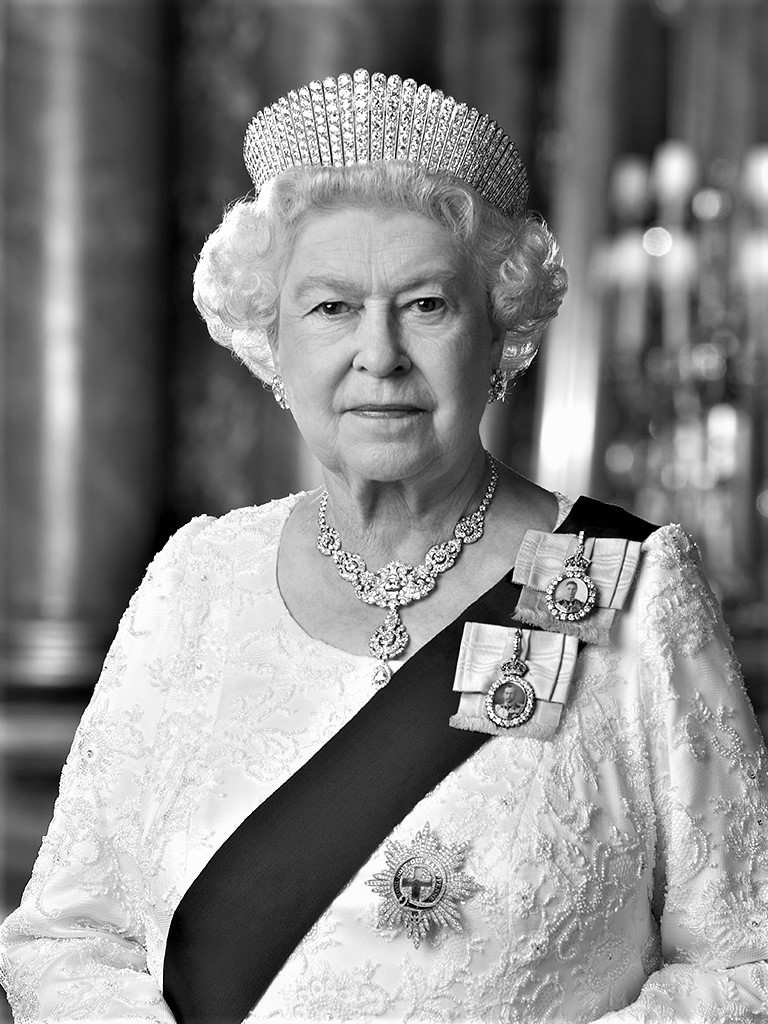Once the placenta is delivered your midwife will check your perinuem (the area in between your vagina and back passage) for any tears. This is common and sometimes requires stitches to aid healing. Some women will have had an episiotomy (a cut to the perineum) which will require stitches.
After the birth

Perineal tears
Lochia
After you have had your baby you will have vaginal bleeding - this is called lochia. For the first three days it is bright red - like when you have a period. It will then change to a pinky/brown colour for about 4-10 days then a creamy discharge for 11-21 days. During this time we recommend you wear maternity pads - do not use tampons as they can make an infection more likely.
If you feel your bleeding is excessively heavy, has a bad smell, you are passing clots or you feel unwell with flu-like symptoms contact your midwife or triage (01382 632075) straight away.
If you feel your bleeding is excessively heavy, has a bad smell, you are passing clots or you feel unwell with flu-like symptoms contact your midwife or triage (01382 632075) straight away.

Skin-to-skin
Whether you have given birth vaginally or via a c-section, you can practice skin-to-skin contact immediately or soon after birth. Skin-to-skin contact is usually referred to as the practice where your baby is dried and laid directly on your bare chest after birth. Both of you are covered in a warm blanket and left for at least an hour or until after the first feed. This is the time when both you and your baby are primed to form an intense chemical connection with each other. Research has shown that what happens during this time can maximize the bonding experience between mother and child.
Skin-to-skin contact can also take place any time a baby needs comforting or calming and to help boost a mother’s milk supply. Skin-to-skin contact is vital in neonatal units, where it is often known as ‘kangaroo care’, helping parents to bond with their baby, as well as supporting better physical and developmental outcomes for the baby.
Skin-to-skin contact can also take place any time a baby needs comforting or calming and to help boost a mother’s milk supply. Skin-to-skin contact is vital in neonatal units, where it is often known as ‘kangaroo care’, helping parents to bond with their baby, as well as supporting better physical and developmental outcomes for the baby.

Vitamin K (Konakion)
Vitamin K helps blood to clot, which stops bleeding. When babies are born they have very little vitamin K in their bodies and a small number of babies may bleed because of this. This is called vitamin K deficiency bleeding (VKDB). It's rare, but can be very serious.
Vitamin K Supplements
It’s recommended that all newborn babies have a vitamin K supplement to minimise the risk of any bleeding. It’s offered straight after your baby's born. Your midwife will be able to give you information about it, but it’s up to you whether you agree to have it.
How it's given
There are 2 ways for your baby to have vitamin K:
If you choose to have the supplement by mouth, your baby will need:
How it's given
There are 2 ways for your baby to have vitamin K:
- By injection (vitamin K shot or jag), which is done once just after your baby's born
- By mouth
If you choose to have the supplement by mouth, your baby will need:
- 2 doses in the first week if you're feeding with formula (formula milk already has vitamin K in it)
- 2 doses in the first week, and a third when they're a month old, if you're breastfeeding

